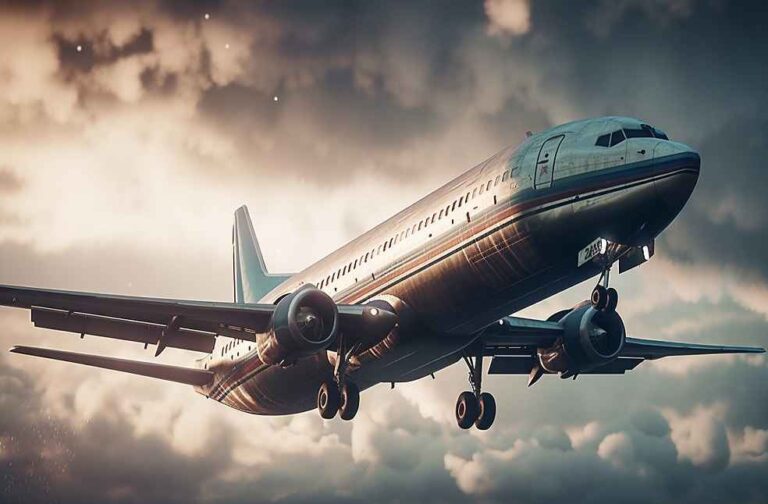The closure of Russian airspace to many Western airlines complicates China’s efforts to attract international carriers. The pandemic severely restricted global travel, with China imposing some of the strictest and longest-lasting entry restrictions. When these were lifted in 2023, Beijing hoped for a swift recovery in international flights. However, some airlines that resumed flights to China are now pulling back.
One major factor is beyond China’s control., the global aviation industry’s division over Russia. Since Russia invaded Ukraine in February 2022, sanctions have been imposed on Russia, which retaliated by banning airlines from these sanctioning nations from its airspace. This forces many European airlines to take longer, costlier southern routes to China, adding one to four hours of flight time and increasing fuel and crew costs.
Chinese airlines, which are allowed to fly over Russia, face less competition. Consequently, several major international airlines have decided to drop direct flights to mainland China. Virgin Atlantic, which will end its Shanghai-London route on October 26, attributes its decision to “purely commercial” reasons.
Virgin Atlantic, known for challenging British Airways since the 1980s, is not alone. Qantas, Australia’s flag carrier, has also ended its Sydney-Shanghai route due to low demand, likely influenced by rising tensions between China and Australia. Qantas suspended flights to Shanghai on July 28, citing insufficient demand but plans to maintain its presence in China through flights to Hong Kong and partnerships.
India, which has not had direct flights to China since 2020, also maintains a political stance. The 2020 border dispute in the Galwan Valley has left relations tense, with thousands of troops mobilized on both sides. Despite discussions, India remains firm that no direct flights will resume until border tensions ease, underscoring their stance that peaceful borders are essential for progress in other areas of the relationship.
This “decoupling” raises questions about China’s evolving global relationships. While Qantas is replacing its Sydney-Shanghai route with a Brisbane-Manila route, reflecting a shift in investment opportunities, China’s instinct to turn inward persists. As one Chinese contact remarked, foreign airlines’ withdrawal might be seen as a way to keep Chinese people at home.
TECH WORLD | Google AI to enhance Paris Olympics broadcasts



